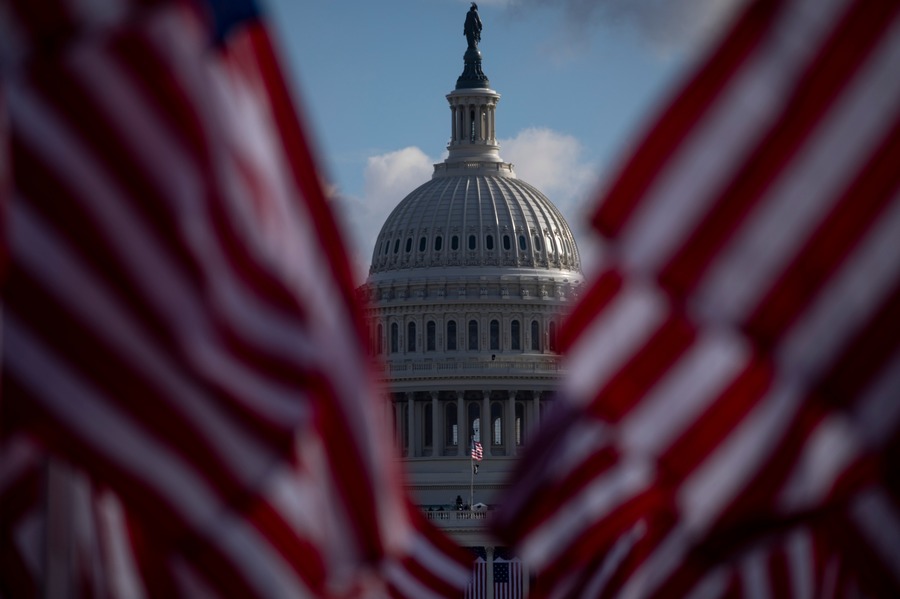President Obama on Cybersecurity
This op-ed in today's Wall Street Journal is part of the Administration's push for comprehensive cyber legislation. Here's a taste of his views:
It doesn't take much to imagine the consequences of a successful cyber attack. In a future conflict, an adversary unable to match our military supremacy on the battlefield might seek to exploit our computer vulnerabilities here at home.
This op-ed in today's Wall Street Journal is part of the Administration's push for comprehensive cyber legislation. Here's a taste of his views:
It doesn't take much to imagine the consequences of a successful cyber attack. In a future conflict, an adversary unable to match our military supremacy on the battlefield might seek to exploit our computer vulnerabilities here at home. Taking down vital banking systems could trigger a financial crisis. The lack of clean water or functioning hospitals could spark a public health emergency. And as we've seen in past blackouts, the loss of electricity can bring businesses, cities and entire regions to a standstill. This is the future we have to avoid. That's why my administration has made cybersecurity a priority, including proposing legislation to strengthen our nation's digital defenses. It's why Congress must pass comprehensive cybersecurity legislation. We all know what needs to happen. We need to make it easier for the government to share threat information so critical-infrastructure companies are better prepared. We need to make it easier for these companies—with reasonable liability protection—to share data and information with government when they're attacked. And we need to make it easier for government, if asked, to help these companies prevent and recover from attacks. Yet simply sharing more information is not enough. Ultimately, this is about security gaps that have to be filled. To their credit, many of these companies have boosted their cyber defenses. But many others have not, with some lacking even the most basic protection: a good password. That puts public safety and our national security at risk. The American people deserve to know that companies running our critical infrastructure meet basic, commonsense cybersecurity standards, just as they already meet other security requirements. Nuclear power plants must have fences and defenses to thwart a terrorist attack. Water treatment plants must test their water regularly for contaminants. Airplanes must have secure cockpit doors. We all understand the need for these kinds of physical security measures. It would be the height of irresponsibility to leave a digital backdoor wide open to our cyber adversaries.
Paul Rosenzweig is the founder of Red Branch Consulting PLLC, a homeland security consulting company. He formerly served as deputy assistant secretary for policy in the Department of Homeland Security. He is a professorial lecturer in law at George Washington University, a senior fellow in the Tech, Law & Security program at American University, and a board member of the Journal of National Security Law and Policy.





